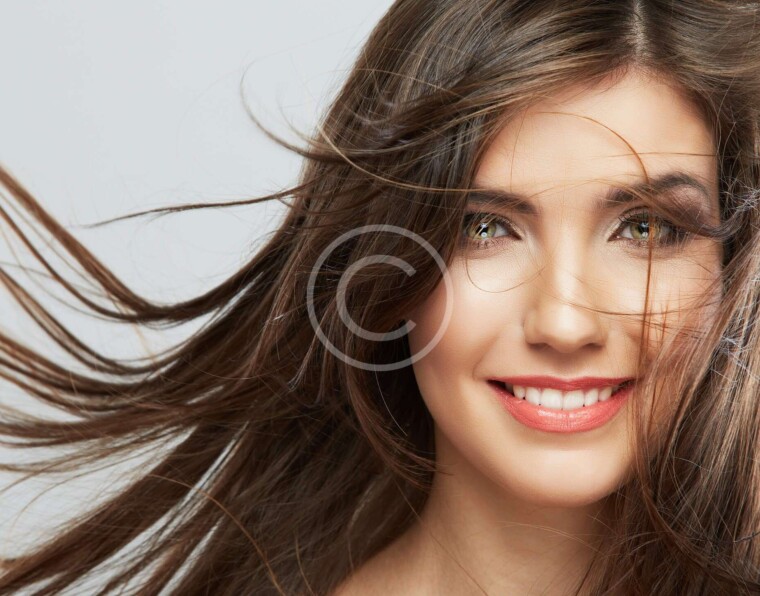Acne has been a part of my life for decades. I’ve seen and tried everything there is to see and try when it comes to acne-fighting skincare products, from the occasional pimple on my cheek to full-blown hormonal eruptions along my jawline.
There is a wide selection of both prescription and OTC spot treatments for acne. Which option is best depends on the degree, duration, and origin of the individual’s acne.
Although I support the “skin positivity” trend, I can’t say that a nasty breakout doesn’t affect my confidence. Up to 50 million people in the United States suffer with acne each year, as reported by the American Academy of Dermatology (AAD). Approximately 15% of adult women experience acne outbreaks, and this number is expected to climb, according to the survey.
Acne sufferers often struggle with mental health issues like anxiety, sadness, and low self-esteem. When the acne finally clears up, it may leave scars. Overall, a person’s quality of life and sense of pride can benefit greatly from acne treatments that work.
However, effective treatment can be hard to come by. Acne can be caused by a variety of different things, including:
acne is caused by skin germs, inflammation, and genetic predispositions.
hormone imbalances, and how much oil, or sebum, the skin produces
In the following paragraphs, we will examine the most effective spot treatments for acne and discuss their use. Some can be purchased over the counter, while others need a medical evaluation first.
It’s worth noting that a number of acne treatments can make you more photosensitive. Acne treatments can be irritating, therefore it’s important to always use a sunscreen to avoid skin irritation.
Benzoyl peroxide
Acne-causing Propionibacterium acnes can be eliminated in this way. Many products containing it are sold without a prescription, although your doctor may recommend a stronger formulation.
Benzoyl peroxide levels can range from 2.5% to 10% in a product. Start with a lesser concentration or wash-off solutions for people with sensitive skin to avoid irritation and dryness.
Salicylic acid
Exfoliation with salicylic acid helps get rid of dulling dead skin and reveal radiant new skin. It has the potential to alleviate mild to severe breakouts as well.
After 28 days of use, a 2% salicylic acid product was shown to be as efficient at reducing acne as the standard treatment of benzoyl peroxide plus adapalene, according to a study published in 2018. However, researchers need to conduct larger trials to confirm the results, as this was merely a pilot study.
Azelaic acid
Acne may respond well to azelaic acid since it has antibacterial and anti-inflammatory properties. To date, medical professionals have not figured out how exactly it produces this impact. Therefore, it is possible that they will just suggest it as an ancillary treatment.
The maximum concentration of this acid that can be purchased is 20%. Acne scars may fade a little bit as they heal, too.
You should follow the following routine for ehe best acne spot treatment:
Step One: Cleanse
Keep in mind that acne is not caused by ‘dirty’ skin, and that over-washing can damage the skin barrier and aggravate acne. Washing your face twice a day is sufficient for removing oil, grime, and makeup.
A mild cleanser can clean the skin thoroughly without removing its natural oils. However, inflammatory acne of a more severe nature.
2. Exfoliate
Best method of exfoliating the skin with alpha- and beta-hydroxy acids and other substances (AHAs and BHAs).
Blackheads and whiteheads, two non-inflammatory forms of acne, respond well to BHAs like salicylic acid. Although salicylic acid is promoted for all types of acne, it is most effective against non-inflammatory acne. Dead skin cells, which can cause acne breakouts like blackheads and whiteheads, are removed from the skin in a natural way.
Milder than BHAs, AHAs alleviate acne, hyperpigmentation, fine lines, and wrinkles, and they have fewer adverse side effects.
Third, apply retinoid cream.
Due to its efficacy against aging, uneven texture, and acne, retinoids have become the standard in skincare.
An effective treatment for all forms of acne, retinoids are especially effective against non-inflammatory acne because they speed up cell turnover. However, when used correctly, they can also be effective against inflammatory papules and pustules.



